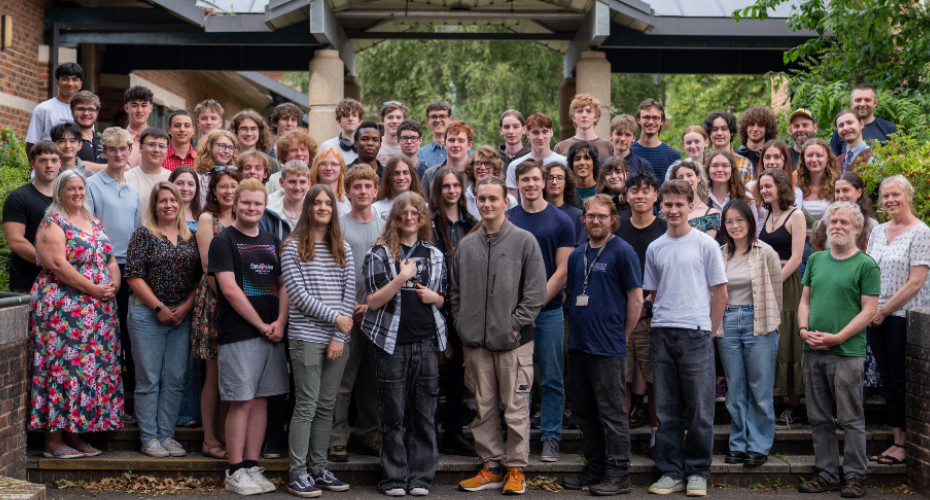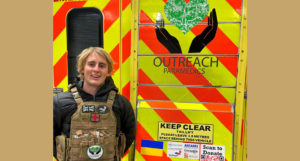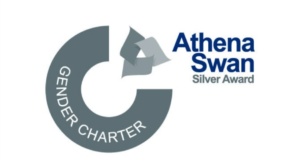Region’s talented young mathematicians honoured for their research into the world’s most pressing problems

Exeter Mathematics School leavers 2025
Some of the South West’s most talented young mathematicians have been honoured for their research into key global issues and work to solve problems for organisations including GCHQ, Dyson and the Met Office.
The teenagers at Exeter Maths School (EMS) carried out studies into topics including landing a rocket, improving the efficiency of traffic lights and the impact of Covid lockdowns.
Other topics investigated by the pupils included modelling the spread of wildfires, sunsets, how TENS machines help with menstrual pain, wave modelling and prediction, the Chernobyl nuclear disaster and what makes a good Dr Who episode.
The projects also included electron orbit wave function, galaxies and dark matter, the stock market and AI, snowflakes, game design, fluid mechanics, the science behind bubbles and what makes the perfect Eurovision entry. Pupils also researched the physics of getting a hole in one in golf, the brain’s clock and an algorithm to compose music and whether we are alone in the universe.
The pupils attended a special ceremony at the University of Exeter to mark their completion of the Exeter Mathematics Certificate, a rigorous academic programme devised by University academics in consultation with EMS staff, designed to bridge the gap between typical sixth form education and university study.
The course involves group projects, working with University of Exeter academics and with major organisations, during which they have to undertake presentations and write reports. Pupils also complete their own research projects.
Exeter Maths School is the only specialist Maths School in the South West and is sponsored by Exeter College and the University of Exeter.
Ed Horncastle, lead teacher of the Exeter Mathematics Certificate, said: “Pupils have really taken this research in their stride. This includes having to explain complicated mathematical theories to a huge room aged just 16 which is just outstanding. Companies give them problems to solve and pupils make it work every time, and those solutions are being used which is incredible.
“Pupils demonstrate calmness under pressure. Their future is going to be exciting and we hope they will come back and set projects themselves in the future.”
Yevheniia Osmolovska joined the school following her move from Ukraine, via time spent in Germany, in 2023. She hopes to study Physics at Manchester University. Yevheniia, who had also attended a specialist Maths school in Ukraine, said: “My time at the school has been amazing. It’s a really diverse, accepting place, and teachers push you to succeed in a good way.
“I like Physics because it has so many interesting concepts to explore, and because I like confusion.”
Anthea Wong, who hopes to study Maths at Edinburgh University, said: “I really enjoy the process of working to understand something. The Exeter Maths School has been a lovely community to be a part of. It’s a place where it is ok to be a bit nerdy and not feel weird about it.”
Isaac Olsson, who investigated the impact of Archimedean solids as dice because of his interest in board game design, said: “Exeter Maths School is a step beyond anything else. It is an amazing community full of people with loads of interests and that makes it an inspiring place which is a lot of fun. It is a place where you are supported to become a good mathematician, not just someone who is just good at Maths.”
Peter Biven, who hopes to study Maths at the University of Cambridge, said: “I enjoy the art side of Maths, solving big problems and learning new concepts. I’ve appreciated the freedom we’ve had at the school to learn and explore our interests.”
Evan O’Neale, who also has a place at Cambridge to study Maths, said: “I enjoy the problem-solving part of Maths, it allows you to have a lot of creativity. The teaching at the Exeter Maths School has been incredible, and it is a place full of fascinating people.”
Professor Krasimira Tsaneva-Atanasova, University of Exeter Vice-President and Deputy Vice-Chancellor (Research and Impact), who played a key role in supporting the launch of the school, and has set research projects for pupils since, said: “I am extremely proud of students and staff. These are exciting projects, and it is always an absolute delight to work with young people with such deeply questioning minds.
“The work we are celebrating is a result of the pioneering, unconstrained, and unbeatable curriculum at the school. All involved should be so proud about how they have raised the ambitions of young people in the South West. The Exeter Maths School is an exemplar of what can be achieved to help young people reach their potential.”



